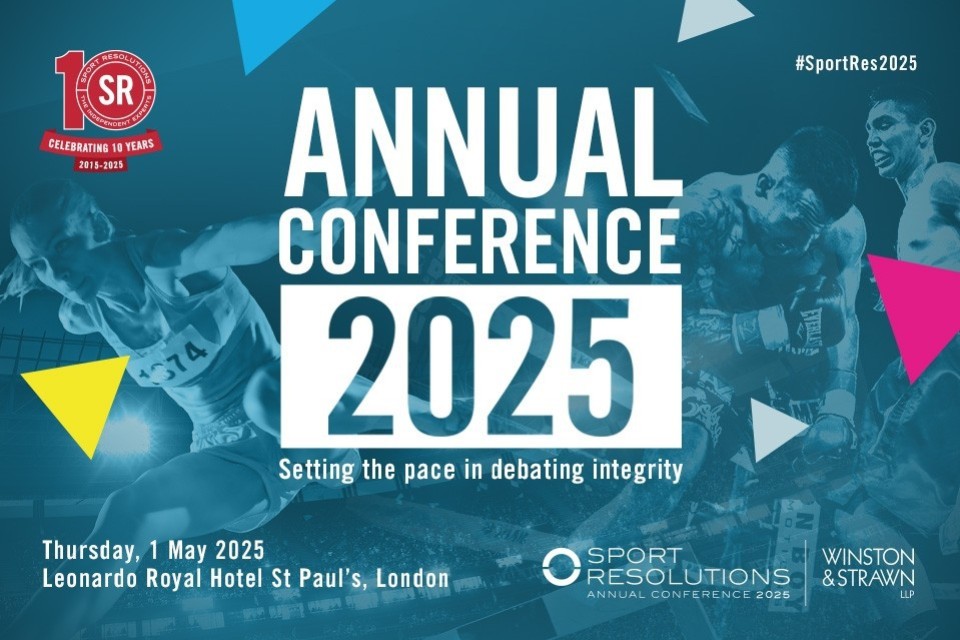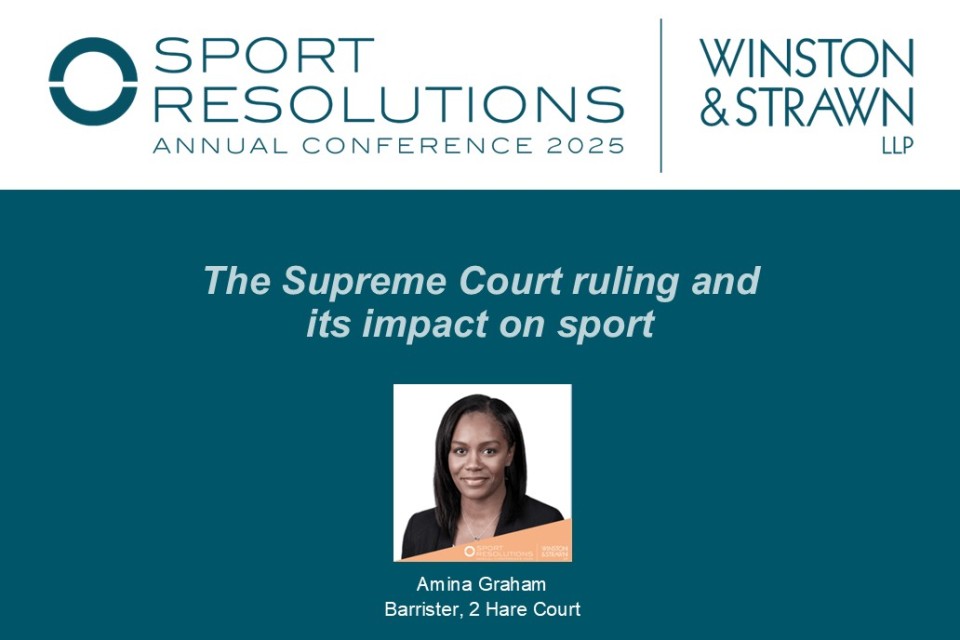Thu, December 13, 2018
IGRG confirms ‘whistle to whistle’ ban on TV sport advertising
The Industry Group for Responsible Gaming (IGRG) have confirmed a ban on TV betting advertisements, with gambling chiefs in agreement.
The ban will be introduced in 2019 with the decision to implement a voluntary ban on gambling advertisements during pre-watershed (9pm) live sports broadcasts.
Horse racing and greyhound racing are exempt from the restrictions because of the commercial importance of gambling on their viability. It is understood the ban will include events that begin before the watershed but end after it.
Gambling Commission chief executive Neil McArthur believes this proves the industry is taking significant steps to address public concerns. There are around 430,000 Britons who can be described as ‘problem gamblers’, according to a report by the Gambling Commission.
John Hagan, IGRG Chair commented, "We believe that this is itself a watershed moment as we strive to provide the ever safer gambling environment which gambling consumers and the wider public expect, and which is so important to the future success and sustainability of our industry,".



